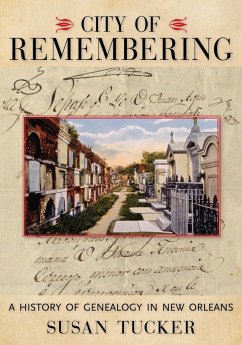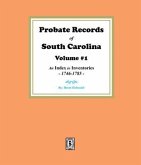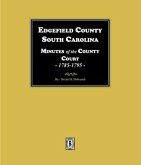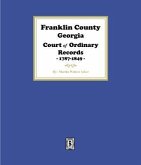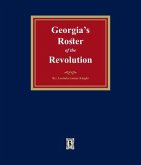City of Remembering represents a rich testament to the persistence of a passionate form of public history. In exploring one particular community of family historians in New Orleans, Susan Tucker reveals how genealogists elevate a sort of subterranean foundation of the city-sepia photographs of the Vieux Carré, sturdy pages of birth registrations from St. Louis Cathedral, small scraps of the earliest French Superior Council records, elegant and weighty leaves of papers used by notaries, and ledgers from the judicial deliberations of the Illustrious Spanish Cabildo. They also explore coded letters left by mistake, accounts carried over oceans, and gentle prods of dying children to be counted and thus to be remembered. Most of all, the family historians speak of continual beginnings, both in the genesis of their own research processes, but also of American dreams that value the worth of every individual life.
The author, an archivist who has worked for over thirty years asking questions about how records figure in the lives of individuals and cultures, also presents a national picture of genealogy's origins, uses, changing forms, and purposes. Tucker examines both the past and the present and draws from oral history interviews, ethnographic fieldwork, and archival research. Illustrations come from individuals, archives, and libraries in New Orleans; Richmond; Washington, DC; and Salt Lake City, as well as Massachusetts and Wisconsin, demonstrating the contrasts between regions and how those practitioners approach their work in each setting. Ultimately, Tucker shows that genealogy is more than simply tracing lineage-the pursuit becomes a fascinating window into people, neighborhoods, and the daily life of those individuals who came before us.
The author, an archivist who has worked for over thirty years asking questions about how records figure in the lives of individuals and cultures, also presents a national picture of genealogy's origins, uses, changing forms, and purposes. Tucker examines both the past and the present and draws from oral history interviews, ethnographic fieldwork, and archival research. Illustrations come from individuals, archives, and libraries in New Orleans; Richmond; Washington, DC; and Salt Lake City, as well as Massachusetts and Wisconsin, demonstrating the contrasts between regions and how those practitioners approach their work in each setting. Ultimately, Tucker shows that genealogy is more than simply tracing lineage-the pursuit becomes a fascinating window into people, neighborhoods, and the daily life of those individuals who came before us.
Dieser Download kann aus rechtlichen Gründen nur mit Rechnungsadresse in A, D ausgeliefert werden.

